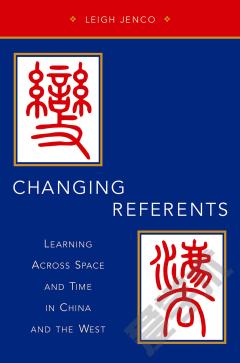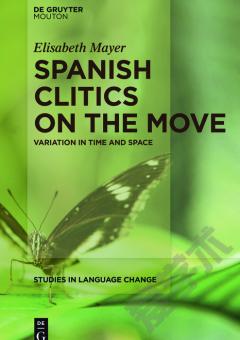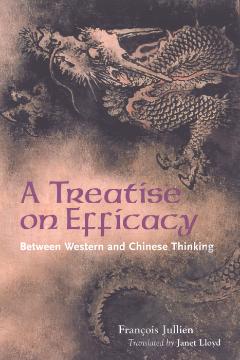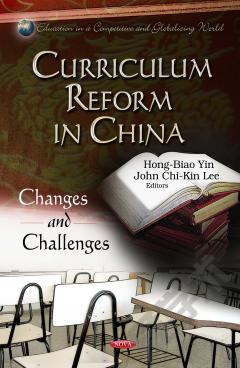Changing Referents —— Learning Across Space and Time in China and the West
----- 改变对象:在中国与西方学习超越时间和空间
Even as globalization has exposed the Eurocentric character of the academic theories used to understand the world, most scholarship continues to rely on the same parochial vocabulary it critiques. Against those who insist our thinking cannot escape the dominant terms of Euro-American modernity, this book shows how methods for understanding cultural others can take theoretical guidance from those very bodies of thought typically excluded by political and social theory. Examining a Chinese conversation over âWestern Learningâ from the 1860s to the 1920s, the book argues that we might follow these Chinese thinkers in viewing foreign knowledge as a theoretical resourceâas a body of knowledge that formulates methods of argument, goals of inquiry, and criteria of evidence that may be generalizable to other places and times. The call of reformers such as Liang Qichao and Yan Fu to bianfaâliterally âchange the institutionsâ of Chinese society and politics in order to produce new kinds of Western knowledgeâwas simultaneously also a call to âchange the referentsâ those institutions sought to emulate, and from which participants might draw their self-understanding. They show that the institutional and cultural contexts supporting the production of knowledge are not prefigured givens that constrain cross-cultural understanding but dynamic platforms for learning that are tractable to concerted efforts over time to transform them. These thinkers point us beyond acknowledgment of cultural difference toward reform of the social, institutional, and disciplinary spaces in which the production of knowledge takes place.
{{comment.content}}








 京公网安备 11010802027623号
京公网安备 11010802027623号